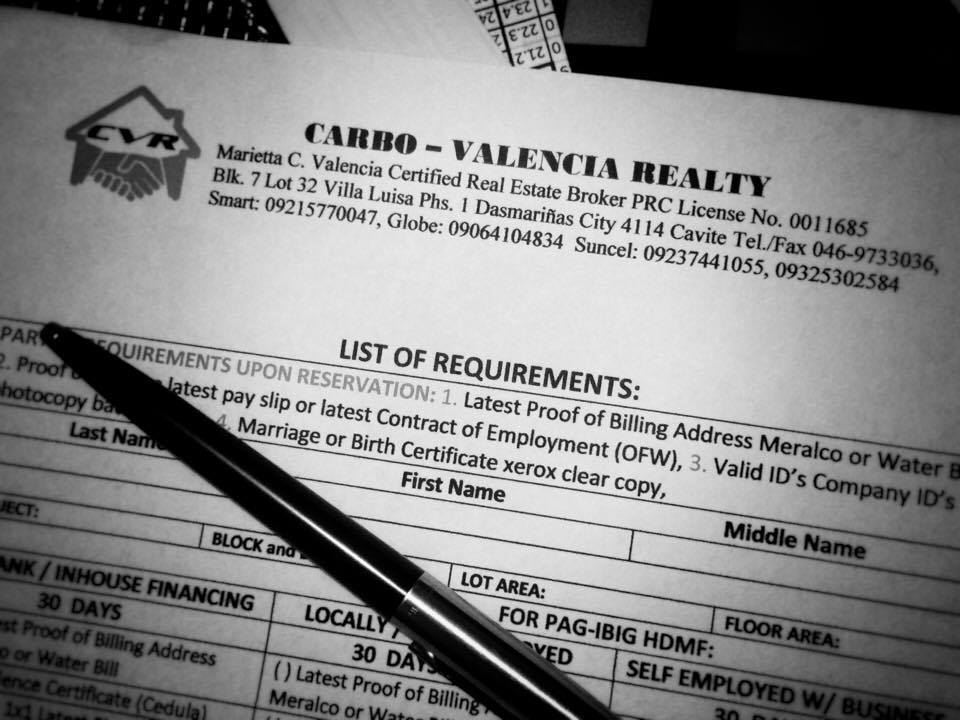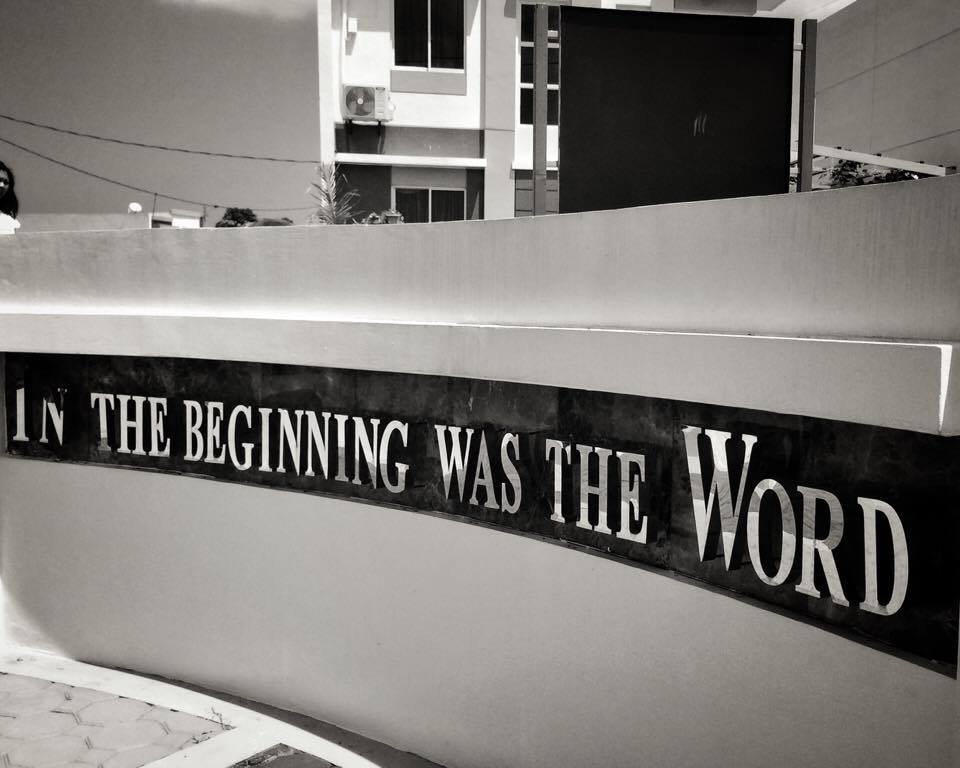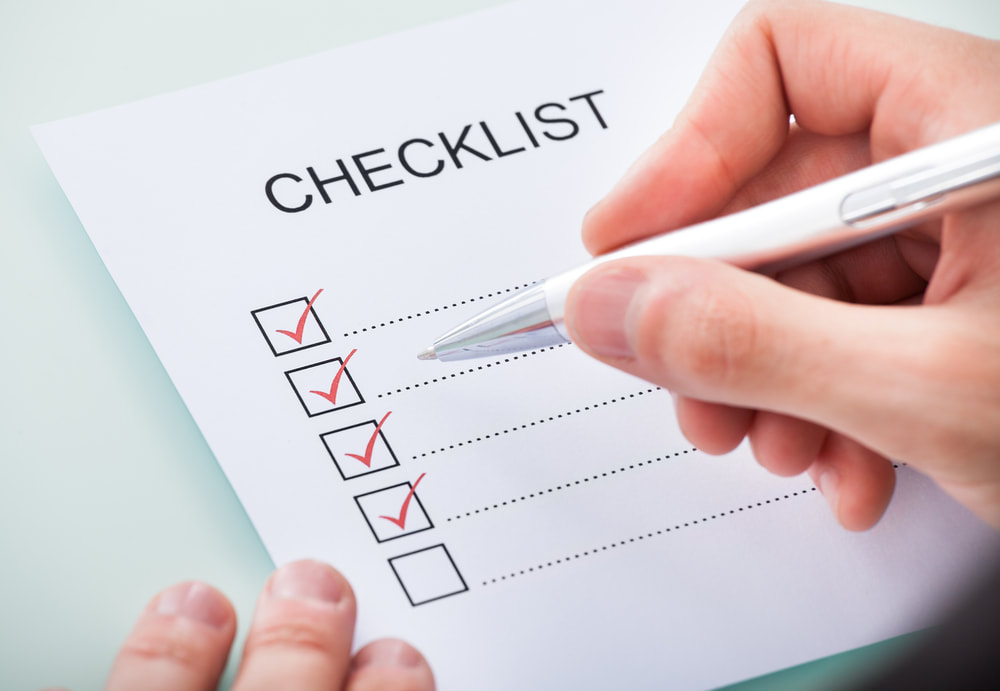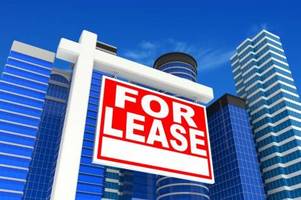by: Raphael M. SantosNot checking what you can afford
Looking for a property without checking your financial standing is a huge waste of time. Same as blindly throwing out a number as your budget. It is best if you can talk to a bank first to know how much you can afford monthly as your monthly amortization and if you are prepared to pay the down payment needed for the purchase of the property. Banks usually allow 30-40% of your gross monthly income as your monthly amortization and requires 20-30% of appraisal value as your down payment. Note: Appraisal value is not the selling price of the property. Usually it is lower than the selling price so banks have a buffer if ever they’re going to need to foreclose on the property in the future. It is better if you can save more than required for your down payment. Not knowing additional expenses involved Selling price is not the only amount you’ll be needing to pay for the purchase of property. Usually here in the Philippines, buyers pay for closing costs specifically Documentary Stamp Tax, Transfer Tax, Registration Fee and Notary which is less than 3.5% of the selling price. Plus if you don’t have the time to take care of the transfer of title, you also have to pay for title transfer service fee. Not considering the expense of maintaining the home Monthly amortization isn’t the only expense involved when owning a property. You will also need to consider the yearly property tax, association dues and maintenance of your home. Not being flexible Unless you are buying a lot and building your house from scratch, it is really hard to get the exact property you’ll like. You will have to compromise base on your budget. Your dream home in your preferred location might worth double your budget. Check what is available on your budget first so you can choose the closest to your requirement. Not considering selling in the future Selling a house is not easy. It will involve a lot of time, emotion and money. So don’t make it harder by choosing a house that is not attractive to buyers in the future. You should consider the location, design and who built your property. It does not also mean that the price of the property you are buying will increase in the future. It will still depend on the market which location is key. Remember, only the land appreciates not the improvement. Not considering the location How long will it take for you to go to your work? If you are commuting, are there available public transportation near the house? How about malls? Schools? Hospitals? Not inspecting the property Specially if you are not buying a brand new house, you should check if the roof needs repair, plumbing, electrical and septic tanks. You can get help from a general contractor for these. You don’t want your house being flooded by human waste after moving in. Ew. Also, check if the property is prone to being flooded. Don’t just take the word of the seller or your broker. Ask several people in the neighborhood. For fault lines, a property should be at least 5 meters away according to PHIVOLCS. You can visit their website to check how far the property you are buying from a fault line. Not getting a professional help A licensed real estate professional can easily and should educate you on all the details above. They can also get listings for you, qualify the listings if it will fit your requirements, schedule property showings, do documents due diligence on the property you like, checking the right price for the property and preparing documents for you. How much do they cost for the buyer? Usually none. Sellers pay their professional fee so why shouldn’t you hire them? I hope this article was able to help you on your #adulting life! Source: http://rapsantos.com/8-mistakes-first-time-home-buyers-make/
1 Comment
|
Featured ArticleSupply of condo units tighteningThe Top 10 Reasons to Hire a Real Estate Agent8 Ways Real Estate Is Your Smartest InvestmentCategoriesArchives
May 2019
|








 RSS Feed
RSS Feed

